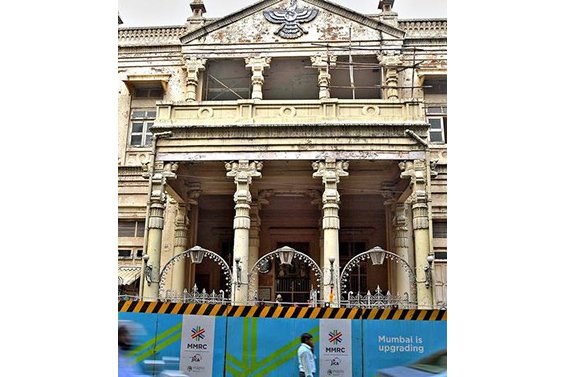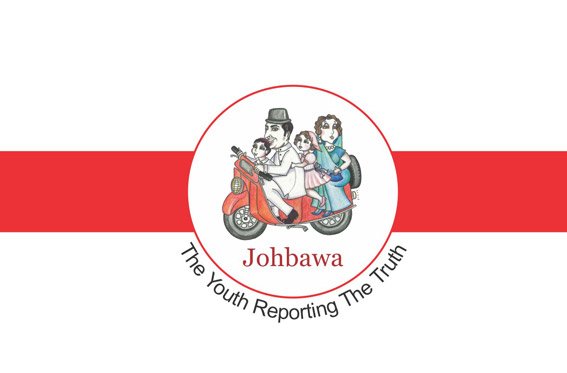Baptised by Fire
Gujarat’s oldest Parsi fire temple town is a vintage film revisited.
The story of the Zoroastrians fleeing displacement, triggered by religious strife and change in power, in Iran and sailing 980 nautical miles east to arrive and settle in Gujarat between the 8th and 10th centuries grips one’s imagination. According to some accounts, the sea voyage was said to have been stuck in a storm and they prayed to angel Behram (meaning victory) for deliverance, promising to build an Atash (meaning fire) in his name wherever they land safely. Land they did, in Sanjan, 30 km away from present-day Udvada, where the community lives.
The Iranshah Atash Behram, the oldest consecrated Parsi fire temple, in the heart of the coastal town, about 200 km away from Mumbai, is where Parsis from all over the world descend to pay obeisance. Udvada, home to around 120-140 households (with around 6,000 population, according to 2011 census), is strewn with abandoned houses, whose architecture is mostly intact. The hollowed absence is eerie, the lanes evoke a lingering mood of a time gone by. The town’s beauty is indescribable, it thrives in its silence and quaintness.
On this cloudy day, the temple looks overwhelming. Standing at the gigantic entrance gate, with the guardian stone lamassu statues on both sides, one could see the large temple premise, house of the highest grade of sacred fire since 1742, which travelled in the form of sacred ash and was consecrated here. A non-Parsi, however, is restricted to enter. The hybrid lamassus (protective deities) have a human head, lion or bull’s body and bird’s wings — a unique symbol of Assyrian mythology.
A walk through this heritage precinct of a town is like seeing a vintage film unfold about how a closely guarded community blended seamlessly into the Gujarati way of life. Often, one would come across an elderly Parsi man reading a Gujarati newspaper, or an old lady spreading her fare of chundo (green mango pickle) oblivious of any outsider’s gaze. Some may even reluctantly agree to let you photograph them.
For the discerning eye, there are stories warped in time. The present generation may not be drawn back to the town but the elders refuse to leave. Structured mostly with double porches and balconies, the houses remind one of an erstwhile thriving life. The empty ones evoke melancholia.
The more prominent buildings include the Bhikaji Unawalla Zoroastrian Library (a precious trove of archival texts), Ratan Tata Charitable Dispensary, and Sodawaterwala dharamshala, which houses Café Farohar, one of the few cafés of Udvada that boasts of good, though selective, Parsi fare, including boi (Indian white mullet) fry — crispy and flavourful — the oh-so-common patrani machhi, and raspberry soda.
While the Globe Hotel, Ashishvangh Hotel, Bawa Inn and Ahura offer authentic fares, the Bharat Bakery pop-up cart parked in front of the fire temple and handmade ice creams sold by vendors from black-yellow autorickshaws on the move is a slice of the wonder and beauty that hasn’t withered away.





